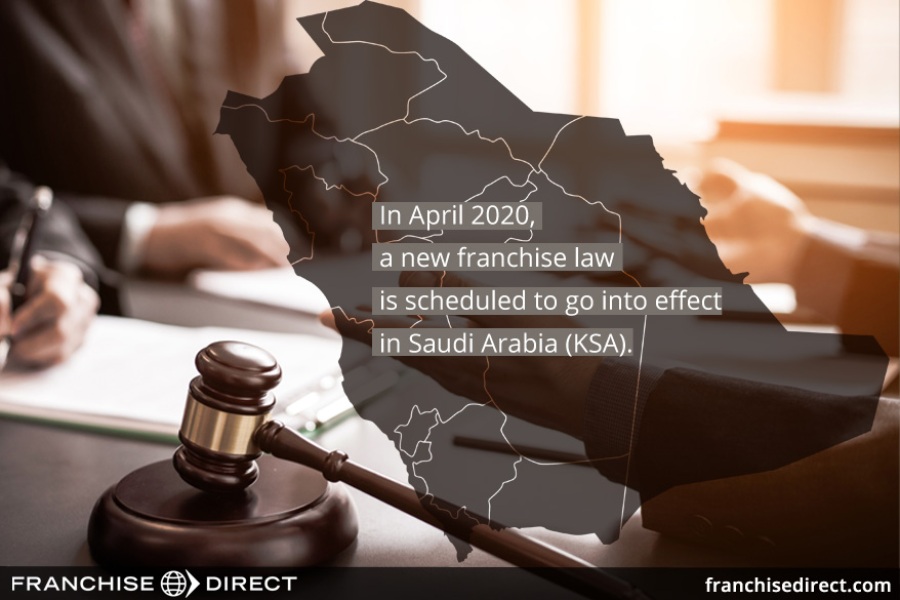
Since our ranking has an international focus, we like to dedicate a section of our report to seeing where U.S. franchises are expanding to, as well as what U.S. franchisors could encounter during international expansion.
The Australian Franchise Market
In September, we launched Franchise Direct Australia, our company’s 15th franchise portal.
Franchising in Australia by most accounts didn’t take off until the late 1960s and early 1970s. American influence was instrumental in the boom of Australian franchising, mostly through fast food franchises KFC, Pizza Hut and McDonalds, which commenced operations there in the early 1970s.
But over time, franchising has become much more domesticated. The International Trade Administration (part of the U.S. Department of Commerce) now says that over 92% of franchises in Australia are Australian-based with U.S. brands only accounting for about 5% of the market. Other major foreign franchisors in the Australian market are predominately from the United Kingdom and Europe.
Franchising in Australia may have initially provided a means for Australians to benefit from foreign products and systems, but it now is the chosen format for many Australian entrepreneurs to expand and develop their business. The great majority of franchise systems operating in Australia are [now] home grown, and increasing numbers of Australian franchise systems are successfully taking their systems overseas.

Despite a slight headwind from a recent parliamentary inquiry, the current condition of the Australian franchise industry is strong. In fact, Forbes lists Australia as one of the Top 10 most attractive countries to expand into for U.S franchisors.
The Australian franchise market is currently worth an estimated $182 billion (or 8% of the GDP) with over 1,300 franchise brands in operation. The most recent data from the International Trade Administration states that “the most popular opportunities for franchising in Australia are in the non-food retail industry, which accounts for over 25% of franchise systems. Food retail concepts that promote health and well-being continue to do well” too.
The administration also notes that home building, carpet cleaning, repair systems, waste management, and financial planning are among the franchise sectors that have enjoyed growth recently.
Requirements for Franchisors
As in the U.S., franchisors in Australia are required to provide franchisees all relevant documents, including a disclosure document, at least 14 days before they sign the agreement.
|
|
According to Australian commercial law firm LegalVision, the following must be present in the disclosure document:

Franchisees must also be provided a copy of the Franchising Code of Conduct with the franchise agreement. The Franchising Code of Conduct was originally introduced in 1998, and it governs the relationship between the franchisee and franchisor in Australia. Franchisees also receive a seven-day “cooling off” period to mull over their investment decision after signing the agreement.
New Franchise Laws
In April 2020, a new franchise law is scheduled to go into effect in Saudi Arabia (KSA). While not all of the provisions have been ironed out explicitly, the ambiguities are expected to become clearer by the time of implementation or shortly thereafter.
Below are some main points of the forthcoming regulations:
DEMONSTRATED EXPERIENCE NECESSARY
In a move similar to China’s 2+1, Saudi Arabian officials will only allow franchises to be granted after the franchise business has been operated in the KSA for at least one year and by at least two people. The two people may include a franchisor and an affiliate (such as a master franchisee or regular franchisee), or by the franchisor in “two separate units.”
Also, if a master franchisee is offering the franchise opportunity, the master franchisee or another franchisee must operate the franchise in the country at least one year before any further franchise sales are made.
DOCUMENT REQUIREMENTS
A Franchise Disclosure Document (FDD) must be registered with the Saudi Ministry of Commerce and Investment (MOCI). Like in the United States, the FDD must be provided to the prospective franchisee at least 14 days before the franchise agreement is signed or any other consideration for the franchise is given from the prospective franchisee.
The franchise agreement itself will have to include 20 specific provisions, unless the franchisee agrees otherwise in writing. In addition, the FDD and all agreements must be written in Arabic.
SHOWS OF GOOD FAITH
Though “good faith” is technically not yet defined, according to Jan Gilbert and Diana Vilmenay of Polsinelli PC this provision “suggests that whether the parties have acted in good faith would be determined by looking at legal precedent under KSA’s unique combination of civil law, common law, and religious law.”
Currently, it is known that franchisees must allow franchisors access to their business facilities and provide franchisors with accurate details about the franchise business. Franchisees must also obtain the franchisor’s approval for changes to service offerings, operating method changes, or location changes of the franchise.
POSSIBLE PENALTIES
Parties who violate terms are subject to fines of 500,000 SAR (approximately $133,279 USD as of January 2020). In the event of a disagreement, the franchisor and franchisee can agree to arbitration, mediation, conciliation, or similar resolution process.

The new franchise law also contains the requirements for transfers, renewals, and termination. The law will formalize regulations first proposed in January 2017, but underwent notable changes on the way to being passed by MOCI in October 2019. Some U.S. franchise lawyers have called the changes over that time period positive.
As Carl Zwisler of Gray Plant Moody says:
The ultimate financial impact of the regulation [is] expected to be far less than was originally expected.
Also in international franchise law news, Thailand became one of the latest countries to issue new guidelines for franchise businesses that operate in the country. The new Thai resolution and guidelines came into effect February 4.














